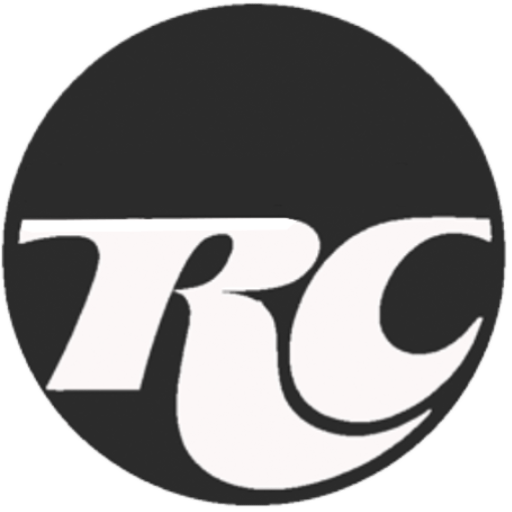
With a good Social Media campaign anyone can be the top ranked in their industry with limited resources. They can accomplish this by developing a campaign consisting of information sites, charter store sites, a viral campaign with blogs, forums, news feeds, mailers, videos, social network accounts, and all the latest tools used to develop an extensive online community. The cool thing is that all of these companies offering the forums are doing it for free. You don’t have to pay for advertising. The important thing however is knowing which Social Mediums to use and how to use them to your advantage without having to spend much time getting caught up in them.What is Social Media? (I felt this article described it best. Information taken from Stowe Boyd)
Social Media Is Not A Broadcast Medium: unlike traditional publishing — either online or off — social media are not organized around a one-to-many communications model.
Social Media Is Many-To-Many: All social media experiments worthy of the name are conversational, and involve an open-ended discussion between author(s) and other participants, who may range from very active to relatively passive in their involvement. However, the sense of a discussion among a group of interested participants is quite distinct from the broadcast feel of the New York Times, CNN, or a corporate website circa 1995. Likewise, the cross linking that happens in the blogosphere is quite unlike what happens in conventional media.
Social Media Is Open: The barriers to becoming a web publisher are amazingly low, and therefore anyone can become a publisher. And if you have something worth listening to, you can attract a large community of likeminded people who will join in the conversation you are having. [Although it is just as interesting in principle to converse with a small group of likeminded people. Social media doesn’t need to scale up to large communities to be viable or productive. The long tail is at work here.]
Social Media Is Disruptive: The-people-formerly-known-as-the-audience are rapidly migrating away from the old-school mainstream media, away from the centrally controlled and managed model of broadcast media. They are crafting new connections between themselves, out at the edge, and are increasingly ignoring the metered and manipulated messages that centroid organizations — large media companies, multi-national organizations, national governments — are pushing at them. We, the edglings, are having a conversation amongst ourselves, now; and if CNN, CEOs, or the presidential candidates want to participate they will have to put down the megaphone and sit down at the cracker barrel to have a chat. Now that millions are gathering their principal intelligence about the world and their place in it from the web, everything is going to change. And for the better.

